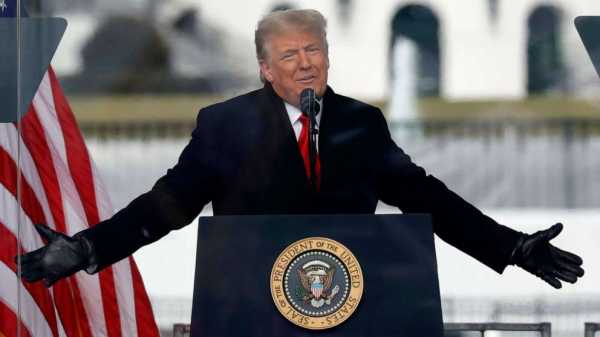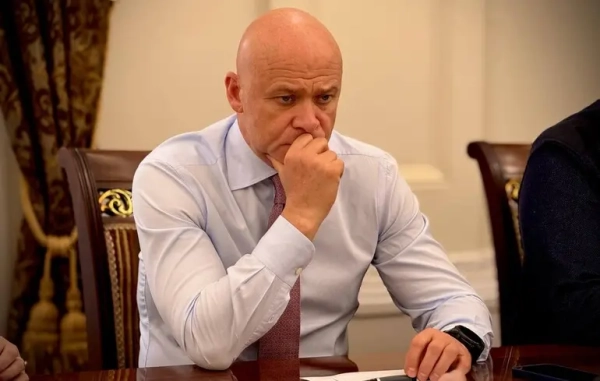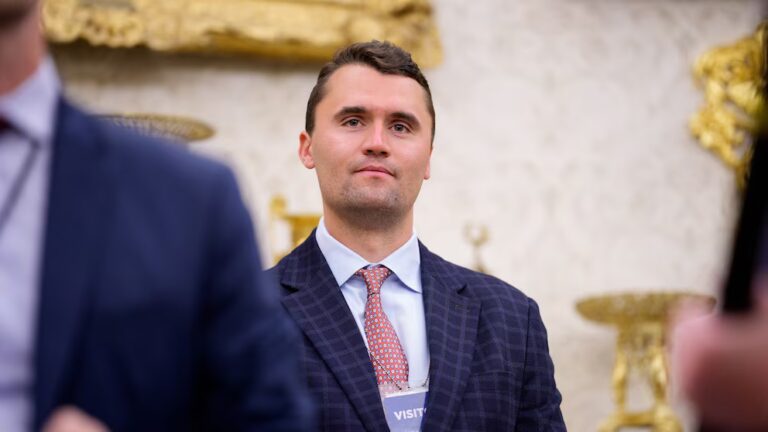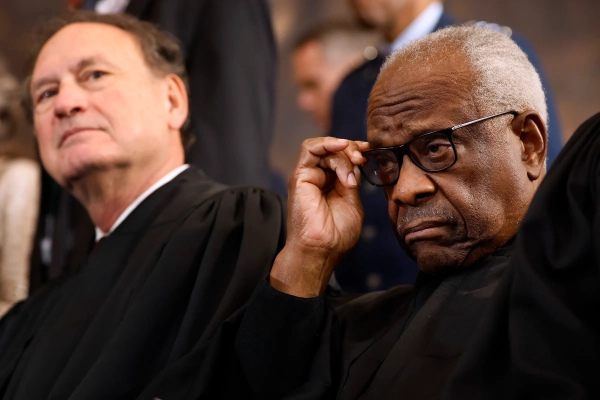As former President Donald Trump prepares to fight a sweeping indictment charging him with unlawfully attempting to overturn the 2020 election, legal experts weigh in on what to expect as the case moves forward.
Speedy trial? Not so fast
In his remarks Tuesday after the 45-page indictment was unsealed, special counsel Jack Smith, who led the probe into efforts to overturn the election results, said he would pursue a speedy trial.
But the scope of the charges and the number of potential witnesses suggest that it might take a while to try the case, according to former federal prosecutor Brian Jacobs.
MORE: Trump hit with sweeping indictment in alleged effort to overturn 2020 election
"The indictment's breadth and extensive detail suggest a case that will be complex to bring to trial in a short timeframe," said Jacobs, a partner at Morvillo Abramowitz.
"This case may well not be able to go to trial before the election," Jacobs said.
When your lawyer is your partner in the crime
The Trump campaign, responding to the indictment, said that in his dealings contesting the election results, the former president "always followed the law and the Constitution, with advice from many highly accomplished attorneys."
But Trump could face a challenge if he attempts to argue at trial that he was simply following the advice of counsel, according to Jordan Estes, a former federal prosecutor and partner at Kramer Levin.

In this Jan. 6, 2021, file photo, former President Donald Trump speaks to his supporters at Save America Rally on the Ellipse near the White House in Washington, D.C.Yuri Gripas/Abaca Press/Sipa USA via AP, FILE
The "advice of counsel" defense "is ultimately grounded in the notion that a person relying on his attorneys does not have wrongful intent," Estes told ABC News.
But noting that the indictment names six co-conspirators — some of them who are thought to be the attorneys who were advising Trump — Estes said that "the defense doesn't work if your attorneys are your partners in crime."
Did Trump believe the lies?
The indictment accuses the former president of falsely claiming the election was stolen to "create an intense national atmosphere of mistrust and anger, and erode public faith in the administration of the election."
Of his unproven election claims, prosecutors said, "These claims were false, and the Defendant knew that they were false."
MORE: What's in the Jan. 6 Trump indictment
But Dan Abrams, ABC News' chief legal analyst, said that Trump may benefit from his insistence that the election was rigged against him — a claim that he continues to make more than two years later.
"It's likely that he'll have more legal avenues to defend himself by saying he believed it, he still believes it, he thinks they engaged in wrongdoing, he believes there was voter fraud," Abrams said.
A First Amendment defense
In addition, Trump might make free speech a central part of his defense, according to former federal prosecutor Elisha Kobre.
Kobre said he may argue that his beliefs and statements about the outcome of the election fall within his First Amendment rights.
"How constitutional rights are implicated is definitely going to be a challenge," Kobre said.
The 'Big Lie' is on trial
Michael Waldman, president and CEO of the Brennan Center for Justice, a nonpartisan organization that analyzes election rules, said that when the case proceeds, it won't only be Trump on trial — it will be the "Big Lie" itself.
False claims that the election was stolen from Trump have had repercussions across the country, Waldman said.
"These conspiracy theories are still being used to justify changes to voting and election law all over the country," he said in a statement to ABC News. "Donald Trump will stand trial. The Big Lie will be on trial too."
Sourse: abcnews.go.com






